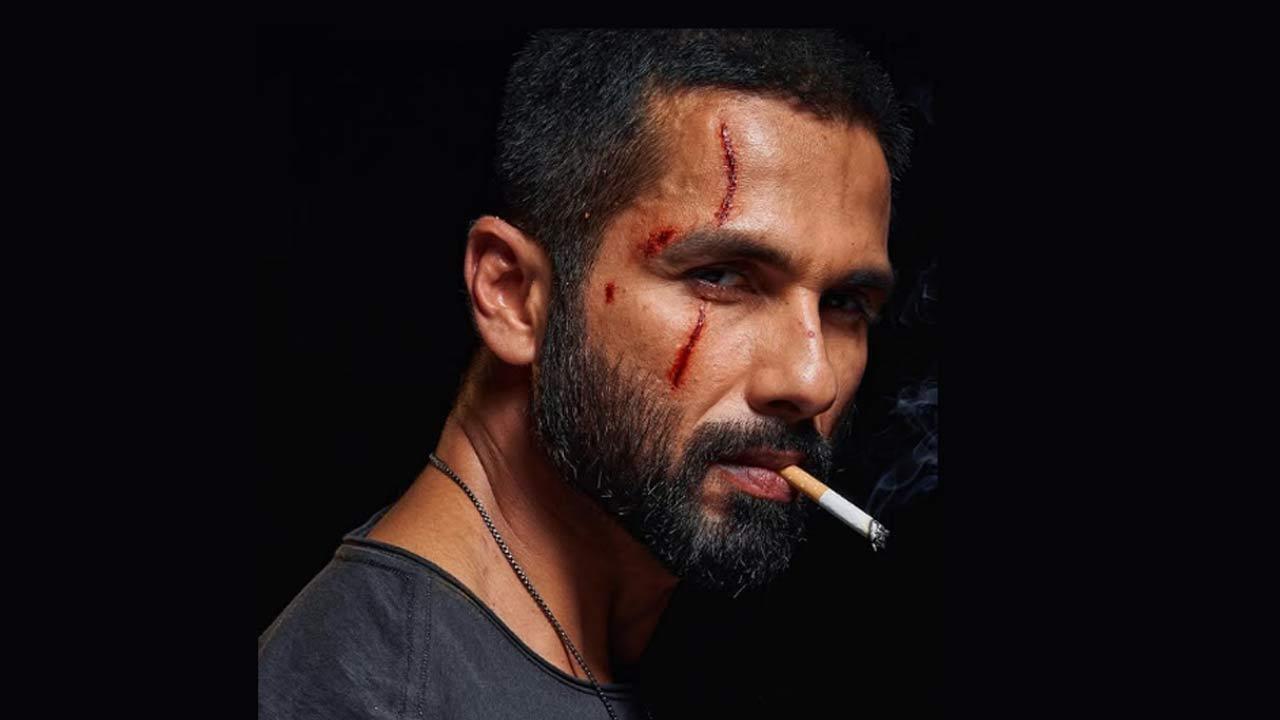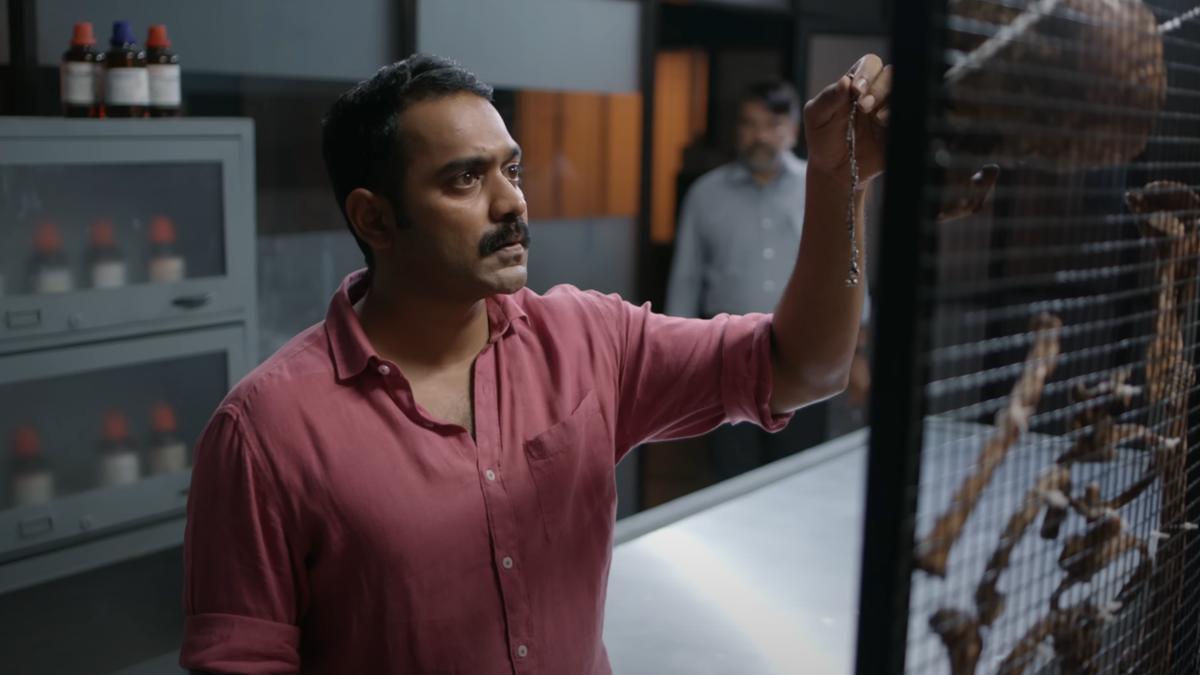
In a fresh wave of discontent embroiling the Malayalam film industry, notable filmmakers Vinayan and Aashiq Abu have called upon Kerala Chief Minister Pinarayi Vijayan to remove B. Unnikrishnan, the general secretary of the Film Employees Federation of Kerala (FEFKA), from the government’s committee involved in the formulation of film policy. Both directors underscored that Mr. Unnikrishnan’s past legal troubles make him unsuitable for such an important role in the state’s film sector.
On Wednesday, August 28, 2024, director Vinayan penned a letter to Chief Minister Vijayan, articulating his concerns. He pointed out that Mr. Unnikrishnan has a history of being penalized by the Competition Commission of India (CCI) for engaging in anti-competitive practices. The letter emphasized that given this history, including Mr. Unnikrishnan in the committee sets a worrying precedent. Vinayan stressed the significance of selecting individuals with unblemished records to steer the film policy for Kerala, arguing that a person penalized for violating the Competition Act should not influence the state’s cinema directives.
To provide context, the CCI issued an order on March 24, 2017, based on a complaint by Vinayan himself. The order imposed penalties of ₹11.25 lakh on FEFKA, the Association of Malayalam Movie Artistes (AMMA), and its representatives. The fines were levied because these organizations had purportedly deprived Vinayan of his right to work by informally blackballing him—urging artistes, technicians, and producers not to collaborate with him.
In the letter, Vinayan recapped the penalties imposed by the CCI, highlighting that Mr. Unnikrishnan, in his capacity as the general secretary of FEFKA, was fined ₹32,026. Sibi Malayil, who was the president of FEFKA, faced a penalty of ₹66,356.
. Furthermore, AMMA was fined ₹4 lakh, and FEFKA incurred an additional penalty of ₹85,594 in the case filed by Vinayan.
Echoing Vinayan’s sentiments, Aashiq Abu also voiced his opposition to Mr. Unnikrishnan’s inclusion in the government’s film policy committee. Abu underscored the irony in a system that allows an individual, penalized for anti-competitive practices, to hold a prominent position within a trade union. He argued that such a scenario is emblematic of incongruity and an affront to the ideals of a fair and just industry.
Mr. Abu further elaborated that the Supreme Court had dismissed the appeal made by Mr. Unnikrishnan and his affiliates against the CCI’s order in the Vinayan case. Given that the apex court upheld the CCI’s decision, Abu argued it is beyond reason that Unnikrishnan, who played a significant role in denying another filmmaker the right to work, should hold any berth on a high-level film policy panel.
This issue has ignited a spirited debate within the Malayalam film community and beyond. People are polarized, with one faction advocating for fair representation and ethical considerations, and another defending experienced individuals with an inside track on the industry’s operations despite their past transgressions.
In the broader spectrum of cinema and governance, this controversy has raised several questions concerning transparency, accountability, and the moral compass guiding appointments to such influential committees. The technicalities of the CCI ruling against AMMA and FEFKA highlight the intense rivalries and power maneuvers pervading the Malayalam film industry, issues that are both deeply troubling and profoundly impactful.
The ramifications of this dispute extend beyond the realm of film policy-making, touching upon the larger questions of justice, retribution, and the capacity for professional redemption. For now, all eyes are trained on Kerala’s Chief Minister, whose decision could significantly influence not only the composition of the committee but also the ethos of the film industry in the state.
As this story continues to evolve, it remains to be seen whether the calls for Mr. Unnikrishnan’s removal will be heeded, or if the controversial figure will remain a part of Kerala’s premier film policy committee.










